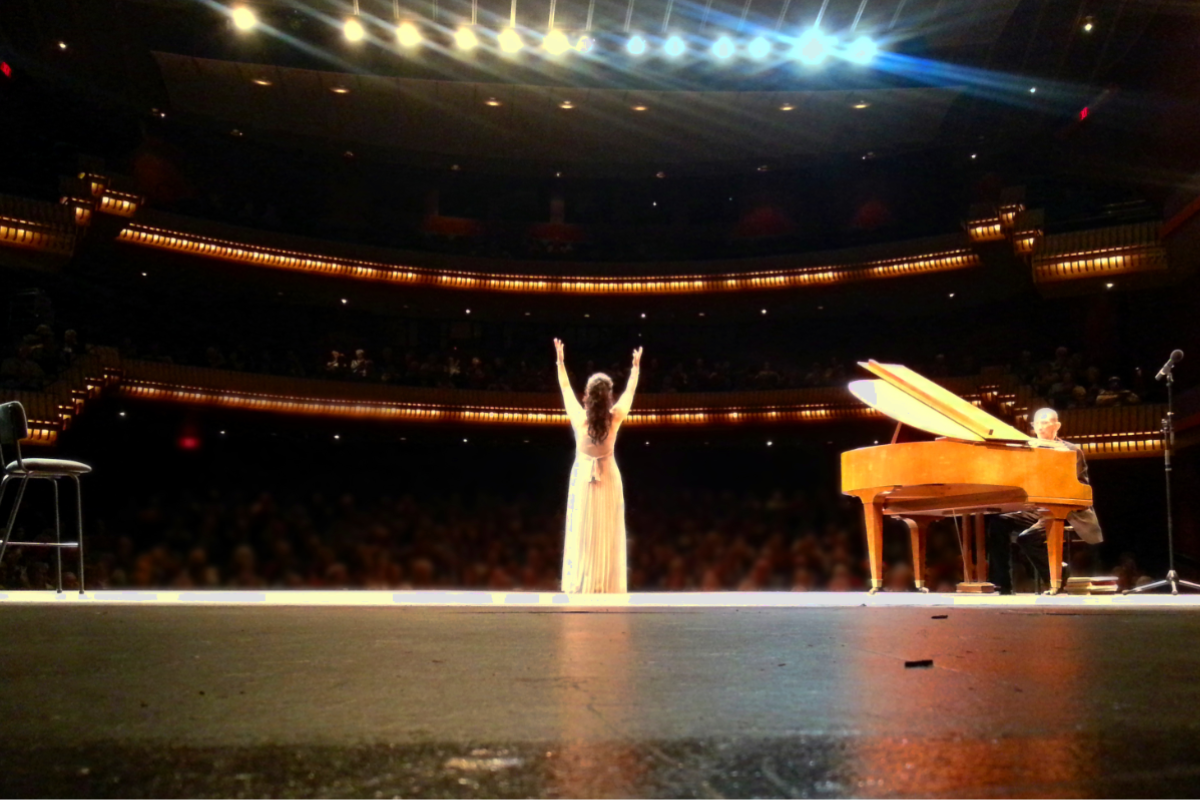
Photo: Eclipseart
Sector questions timing of ACE opera study
Arts Council England plan to commission research into 'challenges and opportunities' for opera and musical theatre sparks debate within sector, with many questioning the timing of the decision.
An announcement by Arts Council England (ACE) that it will commission an independent analysis of opera and musical theatre in order to understand the opportunities and challenges they face has received a mixed response from the sector.
Following a significant backlash in recent weeks against plans to cut funding for opera as part of its National Portfolio investment decisions for 2023-26, ACE said yesterday that the work will consider the landscape for opera and music theatre in relation its overarching 10-year Let’s Create strategy.
The decision to commission the research, which ACE said it has been "planning for months", conincides with calls from a range of opera organisations for the quango to develop a specific strategy on the artform.
READ MORE:
- ACE reveals 'opera analysis' plan in response to backlash
- MPs criticise 'lack of strategy' in ACE funding decisions
There has been a mixed response to the announcement, with some people taking to Twitter to welcome it, while others have questioned the timing. ACE has said the work will help shape future investment.
English National Opera, which was cut from the National Portfolio altogether as a result of ACE's investment plans, has released a statement labelling the decision to conduct research after funds have been allocated as “nonsensical”.
"It needed to be done beforehand, based on evidence – not pre-existing literature – in consultation wth the industry and using all the audience insight that opera companies have sent to ACE as part of their annual reporting requirements," the statement said.
“Let's Create is a broad strategy which sets success criteria for investment that ACE themselves have not followed. Strategies for art forms are essential and the lack of them is why confidence in ACE among audiences and opera companies is currently in a difficult place."
Too little, too late?
Opera and film director John La Bouchardière said he finds it “utterly staggering such a study was not conducted before hiring a wrecking ball”.
“Does ACE not have a fiduciary duty to take reasonable care?” he added.
Opera singer Jennifer Johnston agreed that the analysis should have been commissioned ahead of ACE’s most recent funding decisions.
“As a sector, we’re glad this is being carried out, but it could be seen as closing the stable door after the horse has bolted,” she said.
Meanwhile, Visual arts researcher Amanda King said she feels ACE has a responsibility to analyse all its decisions in relation to its latest NPO investment plans.
“Take their own advice and always evaluate to improve practice and learn,” she said.
Labour MP Barbara Keeley, Shadow Minister for the Arts and Civil Society, also weighed in, arguing that “sector specific analysis should have been conducted before substantial cuts were made.”
“Now that ACE has accepted the value of impartial analysis, will they also publish economic and regional impact assessments for the latest NPO round?” she said.
Different cultural demands
While ENO’s Head of Music Martin Fitzpatrick took to Twitter to say ACE’s plan "worries him".
“Why has ACE grouped opera with musical theatre? By doing that, they’re creating a sub-artform strategy, the very thing they wish to avoid. Opera and musical theatre are both wonderful artforms, but they have different financial and cultural demands.”
Another tweet from the European Union Chamber Orchestra said ACE's 10-year Let's Create strategy "remains the basic problem”.
"Not much hope for 'straight' classical music events and performers while ACE declares: 'We will not develop separate artform or sub artform strategies'," it said.
Baker Richards Chief Executive Robin Cantrill-Fenwick said it was understandable, and predictable, that ACE is “unwilling to open a potential Pandora's box of artform-specific strategies”.
“An opera strategy is a great idea, whether it’s ACE’s job to create it is a good question,” he said.
Join the Discussion
You must be logged in to post a comment.